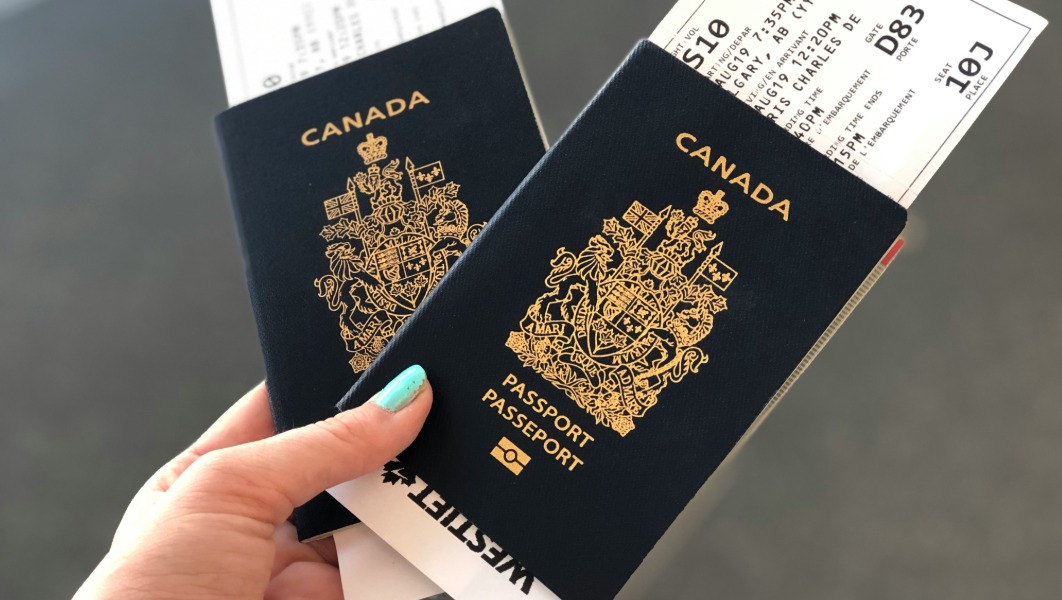Time For Action
In a high-level meeting in Montreal yesterday, IATA, ICAO, Airports Council International (ACI) and the Civil Air Navigation Services Organization (CANSO) have declared their commitment to review processes for the overflight of conflict zones. The Montreal meeting, called by ICAO, comes in the aftermath of the tragic downing of MH17 over the Ukraine earlier this month.
IATA’s director general and CEO, Tony Tyler commented, “The tragic shooting-down of MH17 was an attack on the whole air transport industry. The world’s airlines are angry. Civil aircraft are instruments of peace. They should not be the target of weapons of war. That is enshrined in international law through the Chicago Convention.”
The declaration includes a commitment by ICAO, with the support of its industry partners, to immediately establish a senior level Task Force composed of state and industry experts to address the civil aviation and national security issues arising from MH17. In particular, the Task Force will look at how relevant information can be effectively collected and disseminated. IATA will be among the participants on the task force.
As well, the industry has also called on ICAO to address:
- Fail-safe channels for essential threat information to be made available to civil aviation authorities and industry.
- The need to incorporate into international law, through appropriate UN frameworks, measures to govern the design, manufacture and deployment of modern anti-aircraft weaponry.
Said Tyler, “We are asking ICAO to address two critical tasks. The first, and most urgent, is to ensure that governments provide airlines with better information with which to make risk assessments of the various threats they may face. The second is equally important but comes with a longer time frame. We will find ways through international law that will oblige governments better to control weapons which have the capability to pose a danger to civil aviation. Achieving these will make our safe industry even safer.”



